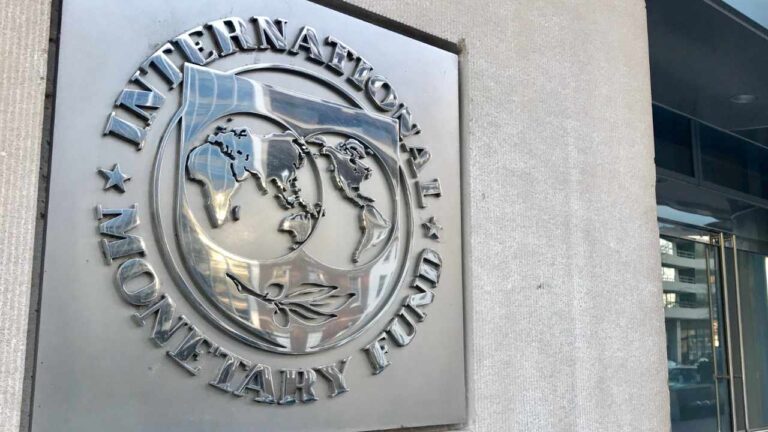In recent years, the rise of cryptocurrencies has captured the attention of governments, financial institutions, and investors worldwide. The International Monetary Fund (IMF) has been actively involved in discussions surrounding the regulation of these digital assets. While emphasizing the need for regulatory measures, the IMF recognizes that an outright ban may not be the most effective approach.
The IMF’s Stance on Crypto Regulation
1.1 The Importance of Differentiated Approach
The IMF suggests that central banks and regulators should adopt a differentiated approach to various crypto innovations. This approach involves recognizing the distinct characteristics of digital assets, cryptocurrencies, stablecoins, and central bank digital currencies (CBDCs). By understanding the nuances of each type, regulators can tailor their policies and regulations accordingly.
1.2 Safeguarding Monetary Sovereignty and Stability
To protect monetary sovereignty and stability, the IMF recommends strengthening monetary policy frameworks. It advises against granting crypto assets official currency status, as this could undermine the control and stability of national currencies. Instead, the IMF encourages countries to develop robust frameworks that address the risks and challenges associated with cryptocurrencies.
Addressing Concerns and Strengthening Regulations
2.1 Hazards of Trading in Cryptocurrencies
The IMF has expressed concerns about the hazards of trading in cryptocurrencies. Volatility, lack of transparency, and potential risks for investors have raised alarm bells. As a result, the IMF has implemented measures to make it harder for individuals to access cryptocurrencies. These measures aim to protect consumers and maintain financial stability.
2.2 Strengthening Financial Regulation and Supervision
To address concerns associated with cryptocurrencies, the IMF emphasizes the importance of strengthening financial regulation and supervision. By implementing effective oversight mechanisms, countries can ensure the integrity of their financial systems and protect investors from fraudulent activities. The IMF encourages the development of global standards that can be consistently implemented by national regulatory authorities.
2.3 Displacement of Central Banks and Conventional Banking
The IMF suggests that virtual currencies have the potential to displace central banks and challenge the monopoly of national currencies. In countries with weak institutions and unstable national currencies, virtual currencies could emerge as alternative means of exchange. This shift would require central banks and financial institutions to adapt to the changing landscape and explore innovative solutions.
Conclusion
In conclusion, the IMF recognizes the need for crypto regulation while cautioning against an outright ban. The organization advocates for a differentiated approach that acknowledges the unique characteristics of various crypto innovations. By strengthening monetary policy frameworks, enhancing financial regulation and supervision, and promoting the development of global standards, countries can effectively address concerns surrounding cryptocurrencies. Moreover, as virtual currencies continue to evolve, central banks and financial institutions must be prepared to adapt and navigate the potential challenges and opportunities they present.






